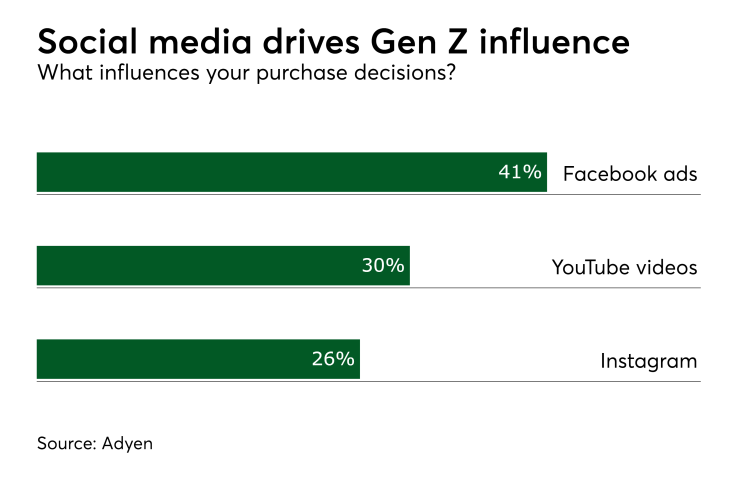Striving to effect change, 85 percent of Gen Z seeks companies that prioritize solving world problems. The same percentage of Gen Z’ers are more likely to make a purchase from a company after they’ve learned the brand is socially responsible.
Conversely, Gen Z doesn’t respond well to corporate scandal. Situations like Nike’s reported sweatshop production or Skechers' false health benefit claims damage Gen Z’s confidence in brands—and that confidence can erode quickly via social media. But, just as easily, social media can be employed to promote a positive message.
Corporations that are socially responsible can easily use these tools to build trust and draw sales. TOMS’ One for One campaign, in which the company donates a pair of shoes for every pair purchased, is a notable example. Similarly, Patagonia’s target audience participates in outdoor activities and tends to be environmentally friendly. To appeal to its customers, Patagonia conducted a detailed ecological survey highlighting the environmental safety of its products.
Despite being one of the younger generations, Gen Z holds a lot of influence. Retailers will need to continue adapting their messages and business practices to show accountability. A focused approach on product standards and social responsibility can help build healthy relationships with Gen Z shoppers, who will, in turn, promote products to their family, friends and followers.
Members of Gen Z are often loyal to a cause, but they aren’t necessarily loyal to a brand. More than 80 percent of Gen Z’ers say they would abandon their favorite brand for a better price or higher quality. This is in stark contrast to millennials, who grew up sporting flashy logos on their T-shirts and shoes. The younger generation is more frugal than its predecessors, and for good reason. Gen Z experienced firsthand the financial recession in 2008 and witnessed its effects on their parents. They’ve learned from the past and are putting away more money than older generations. Additionally, this digital-minded generation has the internet at their fingertips, allowing them to compare products and prices in an instant.
Cultivating brand loyalty in Gen Z buyers might seem like an impossible challenge, but it actually provides opportunities to set your brand apart. Start by prioritizing the convenience and quality of your product while staying transparent about business methods. Gen Z wants to connect with brands on a personal level, giving businesses the chance to earn trust and achieve longer-term success.






